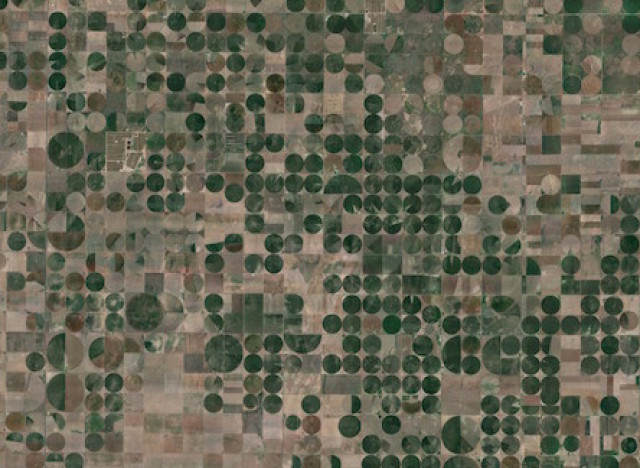
open_resource by SUEZ Jean-Louis Chaussade, Director General of SUEZ, offers his vision of a major challenge in relation to the revolution of the resource. For the first issue of the magazine open_resource, he brings his views on the link between climate change and food security.
in a context marked by the increase of the world population and the urban explosion, climate change poses a new challenge for current food production systems. Or the adoption of the sustainable development objectives of the United Nations a few weeks before the COP21, more than a trick of the calendar highlights the degree of urgency as the interaction between these major issues of our century.
climate change is not only a question of energy. Water resources, essential to agricultural production, are at the forefront of ecosystems affected by climate change. How to ensure food security and access to safe water for all in a world that could reach 9 billion people by 2035, and where the most pessimistic forecasts provide a temperature increase greater than 3 degrees Celsius if no agreement binding is concluded and signed during the COP21?
these challenges call actions and concrete answers to all the actors of our societies: public authorities or companies, NGOs, citizens.
ensure food security, promote sustainable agriculture, ensure equitable access to water for all: goals recognized as priorities by the United Nations in the
objectives of development sustainable
.
conflicts of use, water shortages, pollution of resources are threats to the stability of the systems of food production and drinking water production, threats that already exist today but who tomorrow will increase significantly as a result of climate change if ambitious decisions are not taken.
we already see the multiplication of drought in many parts of the world, from California to the Mediterranean basin. Today, we know that 40% of the world's population will live in areas in water stress by 2035, need to increase food production by 70% in the next thirty-five years to feed the world's population and that 600 million people could be hungry because of climate change by 2050. Faced with these findings, each in his role, we must work to the invention and implementation new production models.
agriculture, which today consumes 70% of water in the world, must adapt to produce more with less. This transformation is accompanied by the establishment of smart irrigation systems to make good drop in the right place and at the right time, through the development of tools for monitoring of groundwater levels, by implementing management solutions of groundwater or alternative as the water production - use...
sanitation and waste management also play a key role to respond to these challenges. Reduce the proportion of untreated sewage discharged in natural environments, fight against the dumping of wastes and their rejection in natural environments which lead them too often in the oceans, it is also work for the preservation of the biodiversity essential to the safety of food production.
technical solutions do not fail and will continue to grow. You can rejoice in the abundance of proposals, innovations that can be observed all over the world. But these technical solutions will not suffice without a change our attitudes and our actions. In this sense,
in food production, the reduction of wasted food is another key issue. It is estimated that one-third of the food produced in the world is lost every year because of issues of storage and routing up the food chain or waste on the part of consumers. In other words, 30% of agricultural land are cultivated to produce thrown food. It is as much water used in vain, as many new waste generated, whose degradation results in a significant gas production greenhouse.
as well, if the food waste was a country, it would be the third emitter of global greenhouse gases. We no longer have the means to assume the environmental cost of this waste.
optimization of the management of resources, the development of production models to make them more sober and more sustainable are needed more than ever to deal with the challenges we face. Commitment and expertise, political, economic, social or societal, will contribute to the new climato-responsible alliances required to makers of today for the generations who come.
Discover magazine
open_resource
No comments:
Post a Comment